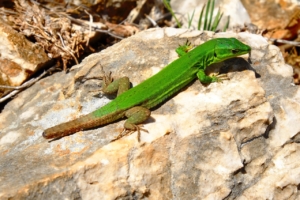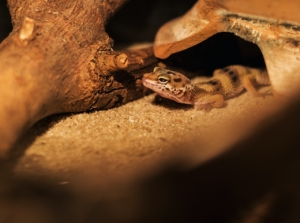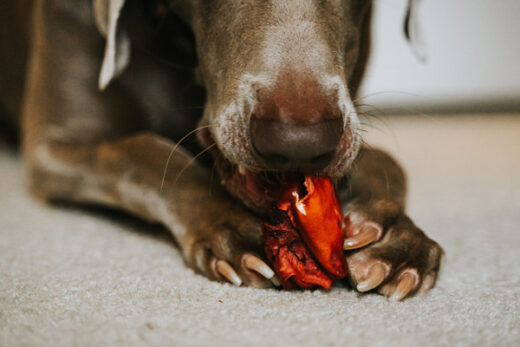Geckos are becoming a popular option for reptile owners since they are small and have a longer lifespan. With over 1,600 species of geckos across the world, there is a wide variety of coloring to choose from as well. However, not all of these species are commonly kept as pets or easy to find in different areas. Care requirements will vary between species as well.
Some species of gecko that are commonly kept as pets in the U.S. are:
- Leopard geckos
- Tokay geckos
- Day geckos
- African fat-tailed geckos
- Crested geckos
- Common house geckos
Captive-bred geckos from a reputable breeder are your safest choice. This will help you to avoid any unknown diseases or health issues that you may run into with a wild-caught gecko. Your gecko should have clear eyes, healthy skin without dry patches, no missing fingers or toes, and a healthy appetite.
Behavior

Even with the large variety of species, all geckos tend to have similar behaviors and attitudes. They are generally pretty calm pets but most are not fond of frequent handling by humans. Frequent handling can cause stress in geckos which can lead to other health issues.
Most species of geckos are nocturnal, meaning they will be most active at night. This is an instinctual behavior caused by their small size and often bright colors. However, there are some geckos that tend to be more active during the day such as, the day gecko.
Geckos generally do not make very much noise. However, if they are defending their territory or trying to attract a mate, they may make some noise. This noise might sound like chirping, barking, or clicking.
While geckos are usually not aggressive in most situations, two males living together can become aggressive. This is why it is best to keep one gecko at a time or keep multiple geckos in separate containers It is unlikely that a gecko will bit a human but there are some species that are more likely to bite, such as the tokay gecko.
Habitat
The type of housing that your gecko will require varies by species but all

geckos need the following features included in their enclosure. They will need branches to allow for climbing, a water bowl, a place to hide, and a secure lid to prevent escape. Geckos are notorious for escaping from seemingly secure enclosures so make sure to double-check any entry and exit points for weak spots. A 10 to 20-gallon aquarium with a tight-fitting lid is a good choice. Geckos are small and should not be housed together so you will not need an extremely large setup.
Again, what goes inside the enclosure will vary based on the species of gecko you have chosen. However, there are some that are generally good for all species. Safe substrates include coconut husk or orchid bark. Both of these have the ability to retain moisture and are not toxic to geckos if it is ingested in small amounts. You can use paper products such as paper towels or newspapers but there is some concern with the chemicals used to bleach and dye these products and the safety of your pet.





